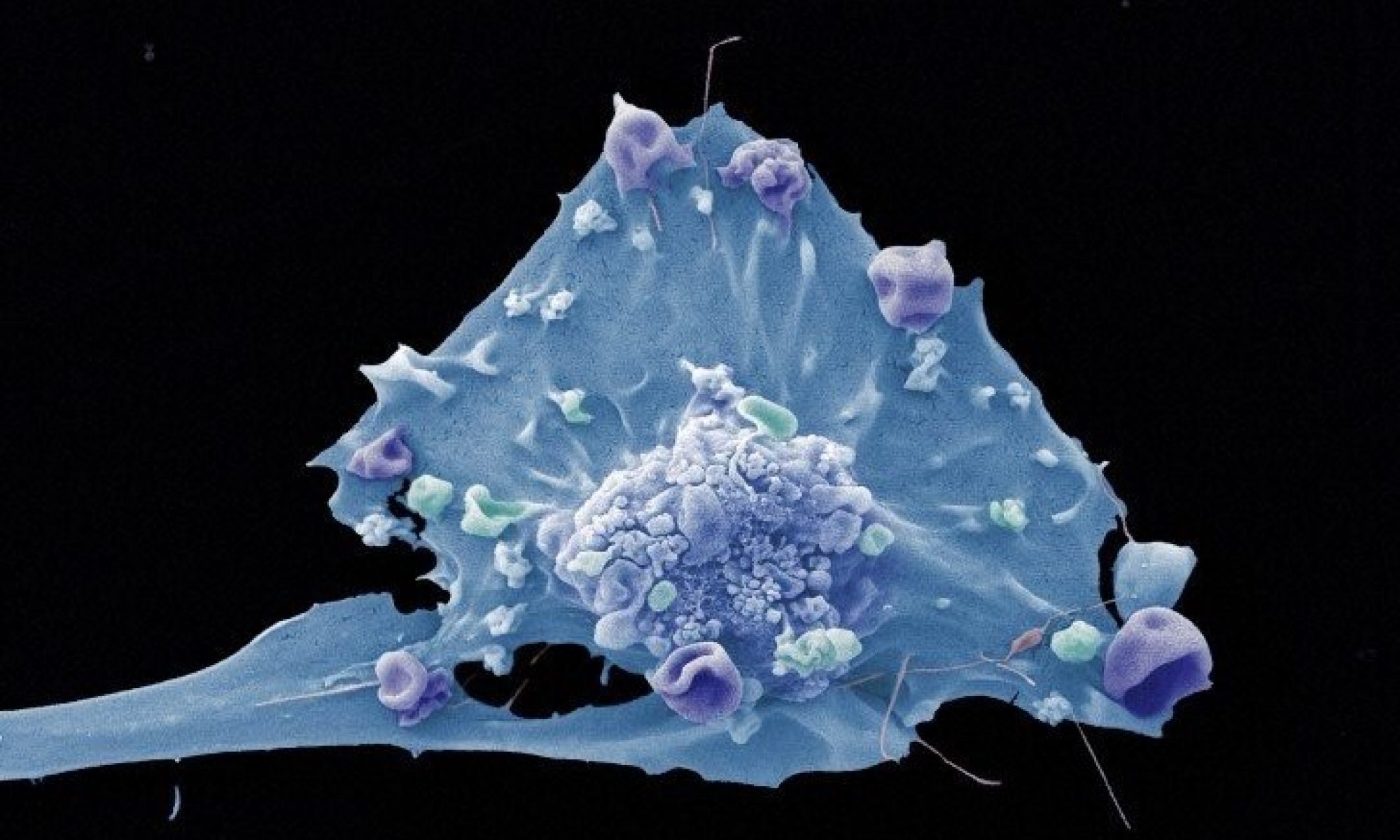1. I think that the most challenging aspect was getting all of my thoughts in order. I would keep thinking up ideas for the experiment, some practical and some not, and I would have to figure out how to expand on that idea or whether or not that idea would even work for its intended purpose. To overcome this challenge I made sure to write down any and all ideas that I had when I had them, and then search and see if any other papers had used similar techniques to perform experiments. Once I got the ideas down on paper, it was a lot easier to see which ones were practical and which ones wouldn’t work. I think that by writing them down I actually had to think through the steps of that particular process, and how it may apply to my project, which helped me figure out both more about my project and, through researching, more about the techniques I was thinking of.
2. I think that I have learned that I am capable of thinking up an experiment! Before, I would read all of these papers and just wonder how on earth they thought up that idea, or came up with that experiment to test some question. Now I see that I can come up with questions, and find resources that help provide background. I have also improved my knowledge of various techniques. By having to find which ones are applicable to my project I have had to read a lot more in depth to various techniques, allowing me to become much more comfortable with them as well as understand when and how they may be used. I am surprised by how much I enjoyed researching this project, and how exciting it was to think of experiments and background information that I would need to know. It made learning fun, to be working on something I enjoyed. This project has really shown me that research is what I want to do in the future, and that I do have the skills and creativity necessary to pursue that.
